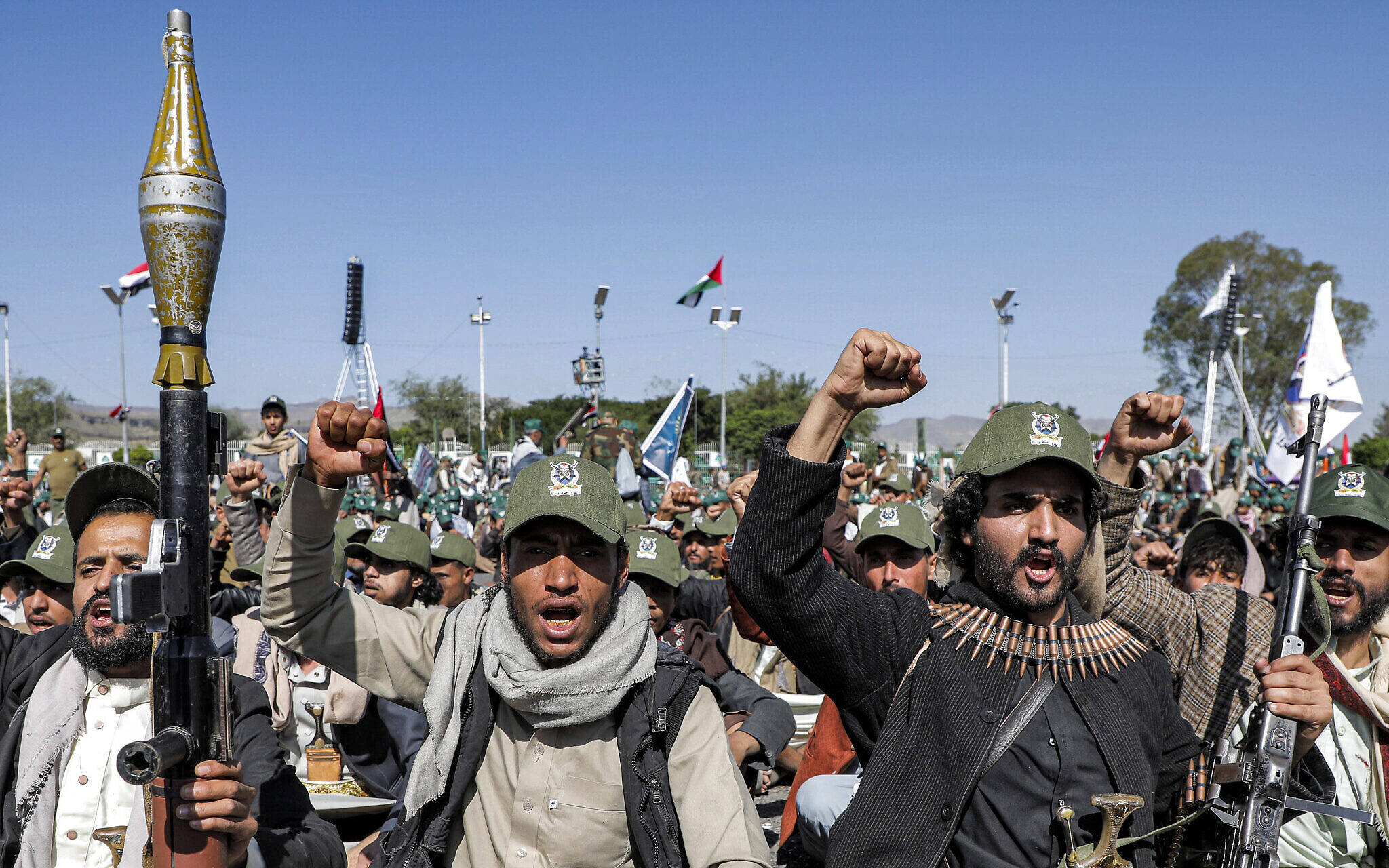
Posted On : Nov 7 2024
The Houthis` Red Sea Offensive: Geopolitical Implications and Regional Tensions
In recent weeks, the eyes of the world have turned once again to the tumultuous landscape of Yemen, where the Houthi rebels have launched a significant offensive along the Red Sea coast. This latest escalation in the long-standing conflict has raised concerns not only for the stability of Yemen but also for the wider geopolitical implications in the region.

The Red Sea holds immense strategic importance, serving as a crucial maritime route for international trade, particularly for the transport of oil and goods between Europe, Asia, and the Middle East. Any disruption to this vital artery can have far-reaching consequences, impacting global energy markets and commerce.
The Houthi offensive in the Red Sea region represents a significant shift in their military strategy. Traditionally, the Houthis have focused their efforts on controlling territory in northern Yemen, including the capital, Sanaa. However, their recent push towards the Red Sea coast suggests a broader ambition to extend their influence and challenge regional powers.
One of the primary motivations behind the Houthi offensive is their desire to gain control of key coastal areas, including strategic ports and shipping lanes. By capturing these locations, the Houthis aim to tighten their grip on Yemen's western coastline and disrupt maritime traffic in the Red Sea. This move not only threatens the stability of Yemen but also directly challenges the interests of neighbouring countries and international stakeholders.
Saudi Arabia, which shares a border with Yemen and views the Houthis as a proxy of its regional rival, Iran, has been particularly alarmed by the recent developments. The Saudis have long been involved in the Yemeni conflict, leading a coalition of Arab states in support of the internationally recognized government of President Abdrabbuh Mansur Hadi. The Houthi offensive in the Red Sea region poses a direct threat to Saudi Arabia's security and maritime interests, prompting Riyadh to take decisive action to counter the rebel advance.
In response to the Houthi offensive, Saudi Arabia has intensified its military operations in Yemen, launching airstrikes against Houthi targets and providing support to Yemeni government forces. Additionally, the Saudis have sought to strengthen their naval presence in the Red Sea, bolstering maritime security measures and conducting joint patrols with allied countries.
The escalation of hostilities in the Red Sea region has also raised concerns among other regional actors, including Egypt and Israel, both of which have a vested interest in maintaining stability and security along the Red Sea coast. Egypt, in particular, views the Red Sea as a vital lifeline for its economy, heavily reliant on the Suez Canal for trade. Any disruption to maritime traffic in the Red Sea could have serious economic ramifications for Egypt and the wider region.
Furthermore, the Houthi offensive has the potential to exacerbate tensions between Iran and its regional adversaries, particularly Saudi Arabia and the United Arab Emirates (UAE). Iran has been accused of providing financial and military support to the Houthis, although Tehran denies these allegations. The escalation of the conflict in Yemen could further strain relations between Iran and the Gulf states, leading to a broader regional confrontation with implications for stability across the Middle East.
In light of these developments, the international community must redouble its efforts to find a diplomatic solution to the Yemeni conflict. The ongoing violence only serves to deepen the humanitarian crisis in Yemen, where millions of people are suffering from famine, disease, and displacement. A comprehensive peace process, involving all parties to the conflict, is urgently needed to end the bloodshed and pave the way for a sustainable political settlement.
Ultimately, the Houthi offensive in the Red Sea region underscores the complex web of geopolitical rivalries and regional tensions that continue to shape the dynamics of the Middle East. Without concerted international action to address the root causes of the Yemeni conflict and promote dialogue and reconciliation, the prospects for peace and stability in the region will remain elusive.
No Comments Added




















